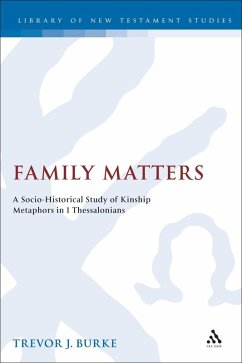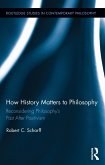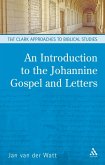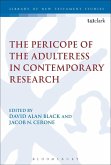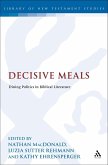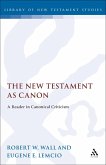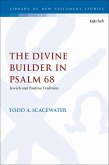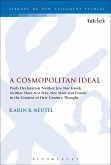Paul's first letter to the Thessalonians boasts a preponderance of fictive kinship terms (e.g. father, children, nursing mother, brother etc). In this book, Burke shows that Paul is drawing on the normal social expectations of family members in antiquity to regulate the affairs of the community. Family metaphors would have resonated immediately with Paul's readers and the author surveys a broad range of ancient texts to identify stock meanings of the father-child and brother-brother relations. These stereotypical attitudes are explored to understand Paul's paternal relations (2:10-12) with his Thessalonian children and in resolving sexual immorality (4:3-8) and the refusal by some brothers to work (4:9-12; 5:12-15). This study has implications for the structure of early Christian communities.
Bitte wählen Sie Ihr Anliegen aus.
Rechnungen
Retourenschein anfordern
Bestellstatus
Storno

